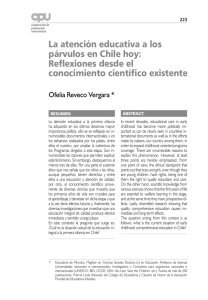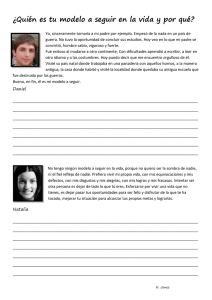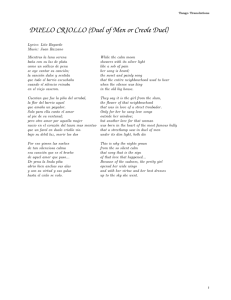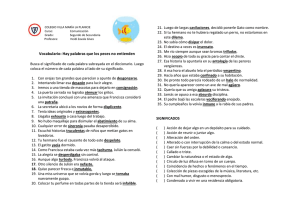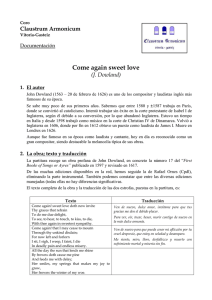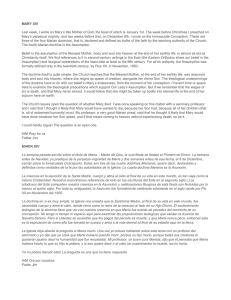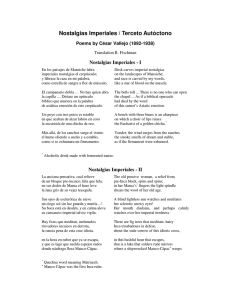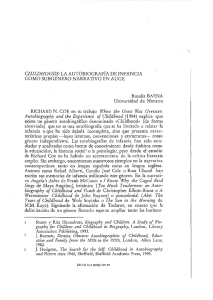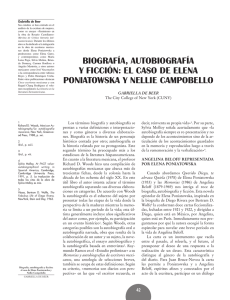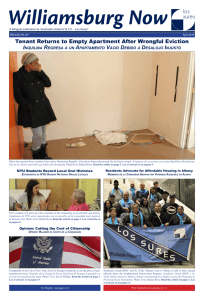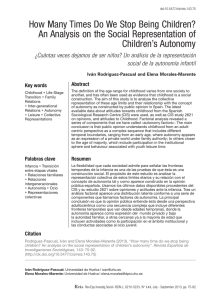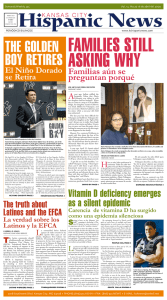ABSTRACT: La presente tesis está dividida en tres capítulos: En el
Anuncio
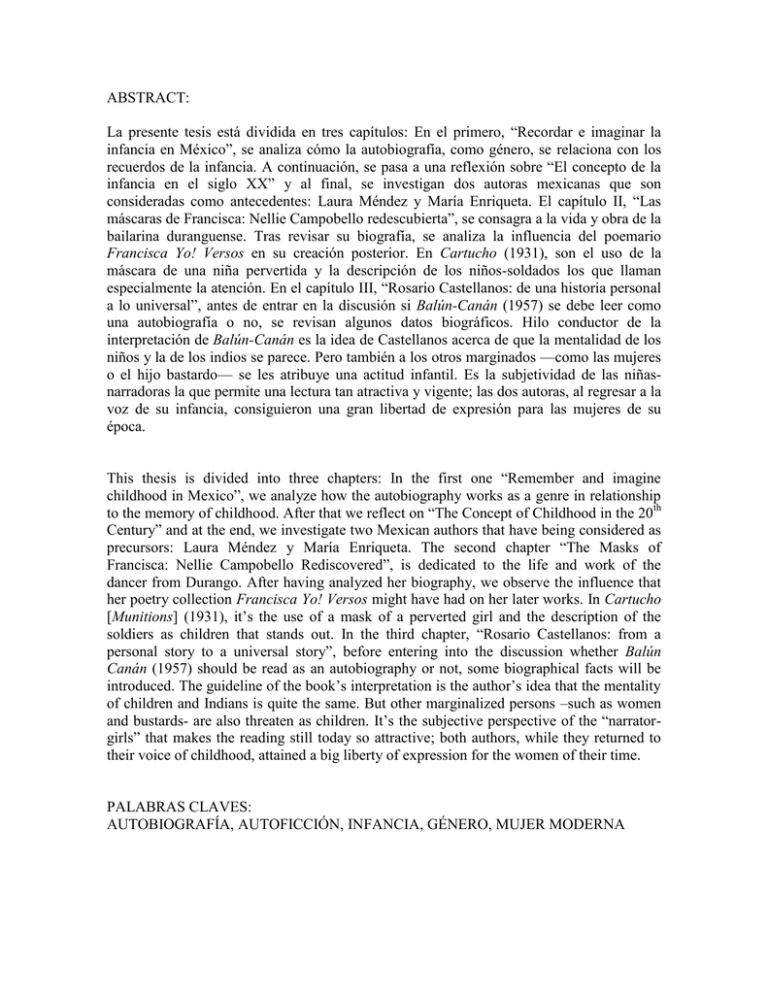
ABSTRACT: La presente tesis está dividida en tres capítulos: En el primero, “Recordar e imaginar la infancia en México”, se analiza cómo la autobiografía, como género, se relaciona con los recuerdos de la infancia. A continuación, se pasa a una reflexión sobre “El concepto de la infancia en el siglo XX” y al final, se investigan dos autoras mexicanas que son consideradas como antecedentes: Laura Méndez y María Enriqueta. El capítulo II, “Las máscaras de Francisca: Nellie Campobello redescubierta”, se consagra a la vida y obra de la bailarina duranguense. Tras revisar su biografía, se analiza la influencia del poemario Francisca Yo! Versos en su creación posterior. En Cartucho (1931), son el uso de la máscara de una niña pervertida y la descripción de los niños-soldados los que llaman especialmente la atención. En el capítulo III, “Rosario Castellanos: de una historia personal a lo universal”, antes de entrar en la discusión si Balún-Canán (1957) se debe leer como una autobiografía o no, se revisan algunos datos biográficos. Hilo conductor de la interpretación de Balún-Canán es la idea de Castellanos acerca de que la mentalidad de los niños y la de los indios se parece. Pero también a los otros marginados —como las mujeres o el hijo bastardo— se les atribuye una actitud infantil. Es la subjetividad de las niñasnarradoras la que permite una lectura tan atractiva y vigente; las dos autoras, al regresar a la voz de su infancia, consiguieron una gran libertad de expresión para las mujeres de su época. This thesis is divided into three chapters: In the first one “Remember and imagine childhood in Mexico”, we analyze how the autobiography works as a genre in relationship to the memory of childhood. After that we reflect on “The Concept of Childhood in the 20th Century” and at the end, we investigate two Mexican authors that have being considered as precursors: Laura Méndez y María Enriqueta. The second chapter “The Masks of Francisca: Nellie Campobello Rediscovered”, is dedicated to the life and work of the dancer from Durango. After having analyzed her biography, we observe the influence that her poetry collection Francisca Yo! Versos might have had on her later works. In Cartucho [Munitions] (1931), it’s the use of a mask of a perverted girl and the description of the soldiers as children that stands out. In the third chapter, “Rosario Castellanos: from a personal story to a universal story”, before entering into the discussion whether Balún Canán (1957) should be read as an autobiography or not, some biographical facts will be introduced. The guideline of the book’s interpretation is the author’s idea that the mentality of children and Indians is quite the same. But other marginalized persons –such as women and bustards- are also threaten as children. It’s the subjective perspective of the “narratorgirls” that makes the reading still today so attractive; both authors, while they returned to their voice of childhood, attained a big liberty of expression for the women of their time. PALABRAS CLAVES: AUTOBIOGRAFÍA, AUTOFICCIÓN, INFANCIA, GÉNERO, MUJER MODERNA
